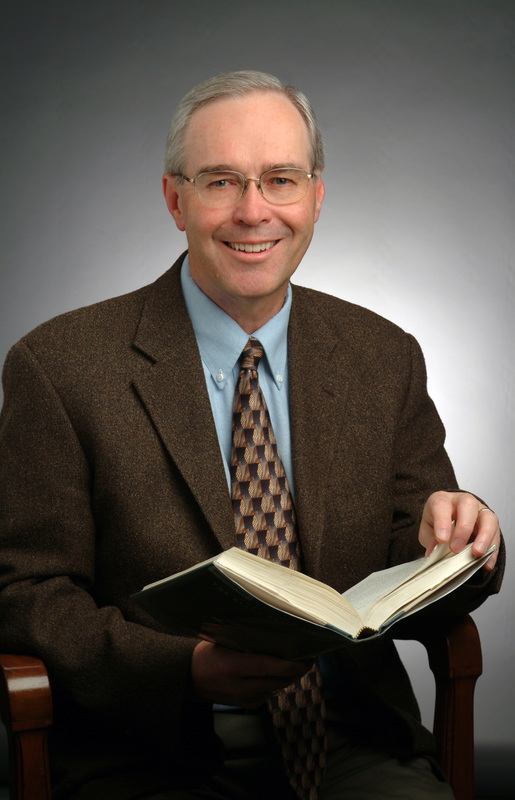Psalm 22 is very famous because the words of David crying out to God in distress are quoted verbatim by Jesus at his crucifixion; other verses of this psalm describe things about the crucifixion we know now to be truly prophetic. Or so many commentaries suggest.
Was David a prophet in the sense of Isaiah and Jeremiah? I think not, since his moral behavior later was reprehensible. I think the better view is that David, who in physical terms is a direct ancestor of Jesus, spiritually represents all of us: the kings and queens God created us to be; the fallen creatures that we are; and the beneficiaries of God’s never-ending love in response to judgment, repentance and restoration that we desire to become.
In fact, I believe David was not forth-telling Jesus; rather, Jesus was quoting David in order to take all of the sins of Israel’s history onto himself as an astonishing demonstration of God’s never-ending love.
In a sense, the familiar words of David in Psalm 22 as quoted by Jesus almost distract from a quieter theme carefully planted in Psalms 22 to 25 as a group. Consider:
“Deliver my soul from the sword, my precious life from the power of the dog!” (22:20, ESV)
“He restores my soul.” (23:3)
“He…does not lift up his soul to what is false.” (24:4)
“To you, O Lord, I lift up my soul.” (25:1)
Repetition of the word “soul” caused me to review what the soul really is.
In Greek, the word is psyche, which we recognize from words like psychology and psychopath.
In the more ancient Hebrew, it comes from the word nepes or nepesh. A soul is a living being, a life, a self; a person, with desire, appetite, emotion and passion.
Read the definition above again – it is very important. The soul can be very beautiful or very ugly using exactly the same definition. It is this Cross-Road of faith that David would struggle with, in the same fallen condition as you and I. (I have created the term “Cross-Road” intentionally, recognizing the actual word is “crossroads.”) The spectacular irony of these psalms is that Jesus chose to quote David in accepting all our souls, both good and bad, at the Cross-Road of the cross!
David’s journey, then, just like yours and mine, is seeking under the stress of life to elevate our souls.
How?
First, recognize our fallen condition in the eyes of God and plead in repentance for deliverance of our souls from evil (Psalm 22).
Second, reach for truth and for restoration beside the still waters (Psalm 23).
Third, never again lift up our souls to what is false (Psalm 24).
And fourth, continuously lift up our souls to the Lord (Psalm 25)!
Only then will our souls – complete with corruptible desires, appetites, emotions and passions – be moving toward restoration at the foot of the Cross-Road of faith.
And beyond, where there is no traffic jam.


 RSS Feed
RSS Feed